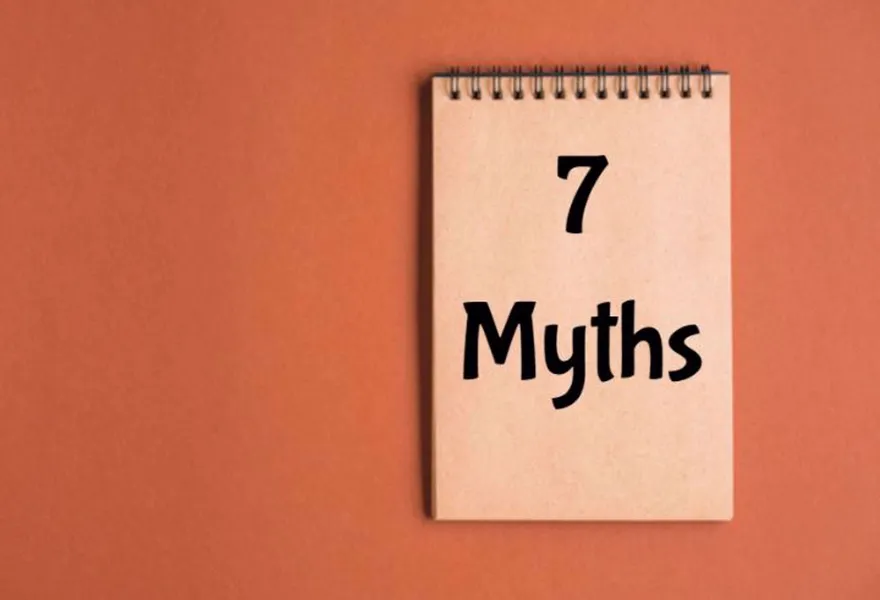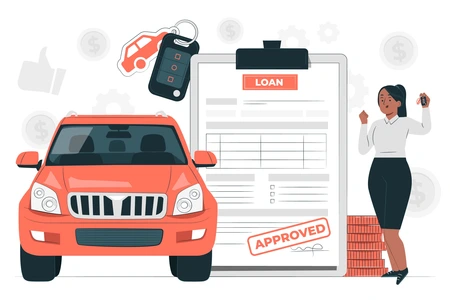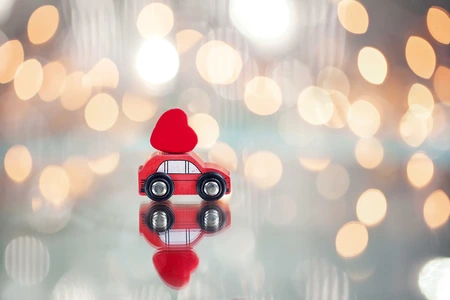88% of Americans own cars, yet a shocking number of us believe things about our vehicles that are flat-out false.
Whether they’re rumors or simply outdated statistics, there are a ton of misconceptions about modern vehicles. Some of these myths are so widespread that they might have been taught to you in school. Fortunately, the internet has made fact-checking easier than ever, and we can put many of these false claims to rest. Here are seven popular car myths that are still widely believed today.
- Red cars get pulled over more
As pervasive as this myth is, studies have proven that red cars don’t get pulled over more than any other color car. Also, a red car won’t hike your insurance rate either. Pick any color you want for your next vehicle.
- You must change your oil every 3,000 miles
You should absolutely be mindful of changing your vehicle’s oil on schedule, but 3,000 miles is probably way too frequent. Chances are, your vehicle owner’s manual will tell you exactly how often you should change your oil. If you have any doubt, just ask your car salesperson.
- Premium fuel gives you better gas mileage
The fuel you normally get at the gas station is just as good as its pricier counterparts. As long as your vehicle doesn’t require premium fuel, you’ll get just as much mileage out of low-grade fuel.
- A manual transmission gets better gas mileage than an automatic transmission
This was true in the past, but it isn’t the case anymore. In fact, some modern automatic cars actually get better gas mileage than stick shifts. There are other pros and cons to each style, but you should drive whichever one you like best without considering fuel economy.
- Your car uses more fuel to turn on than it does to idle
This is another myth that may have been true in the past. Nowadays, advancements in technology have enabled cars to use a minimal amount of fuel on ignition. If you plan to leave your car running for longer than a minute, you should turn it off to save fuel.
- A vehicle lasts for around 100,000 miles
Believe it or not, many vehicles on the road today are still in the prime of their lives at the 100,000-mile mark. In fact, many cars can last for 200,000 or 300,000 miles with proper care. Even if you wind up trading in your vehicle after 100,000 miles, you can likely count on a great deal from your dealership.
- Big cars are safer than small cars
There’s actually a nugget of truth to this myth, but it’s a bit misleading. Assuming all things are equal, a larger car is generally safer than a smaller car in nasty accidents. However, it’s more important that you own a modern vehicle with up-to-date safety features than a large one.
According to the Insurance Institute for Highway Safety, small cars from 2015 had fewer fatal accidents than midsize SUVs from 2005. In fact, fatalities in mini-cars have decreased by 56% since 2005.
This all goes to show that if you have any questions or concerns about your next vehicle, you should always check with your salesperson to find the perfect vehicle that’s right for you. There are a lot of car myths out there, and I would always be happy to help set the record straight.












